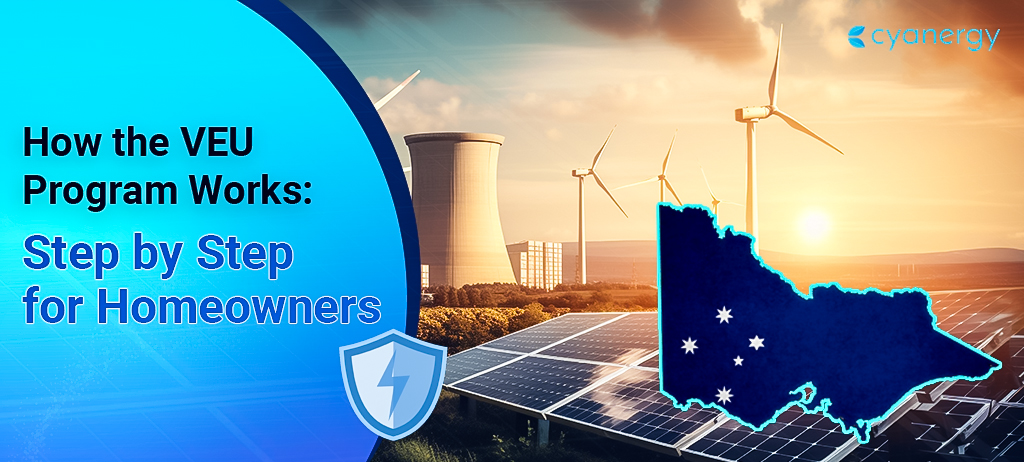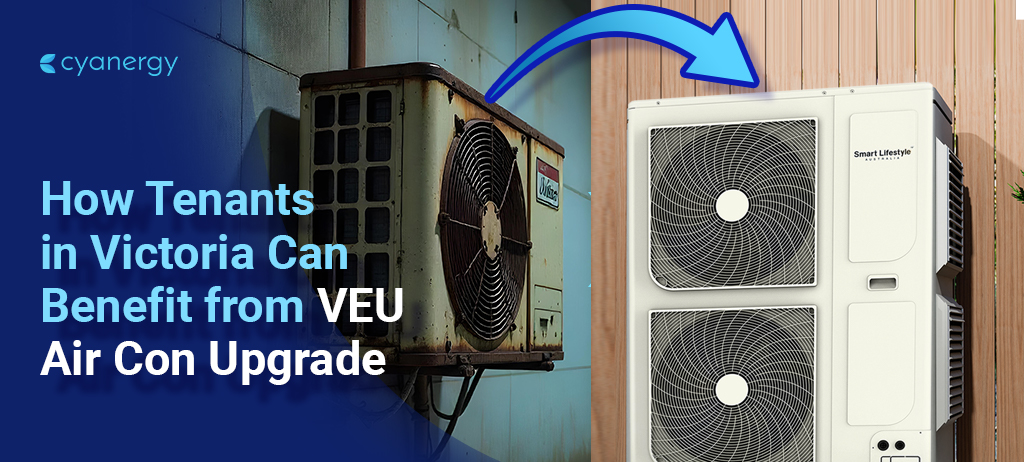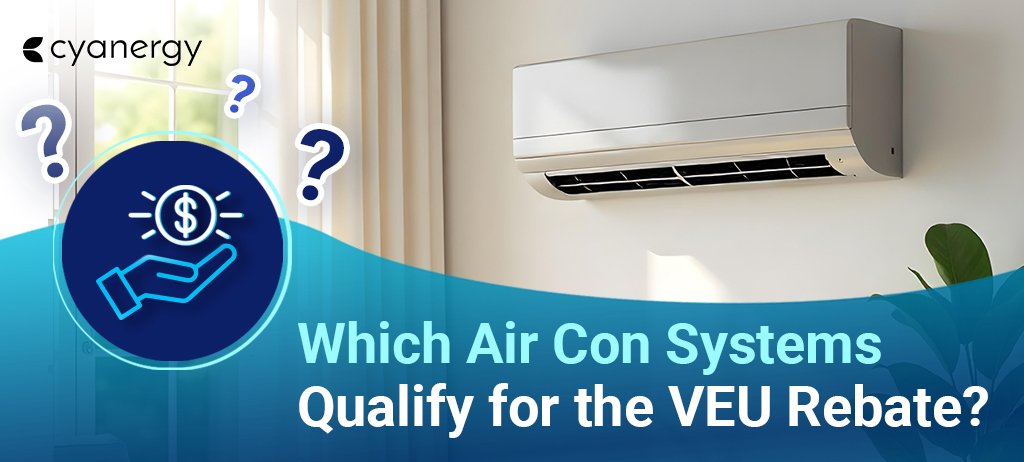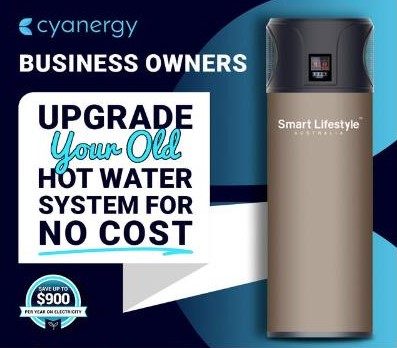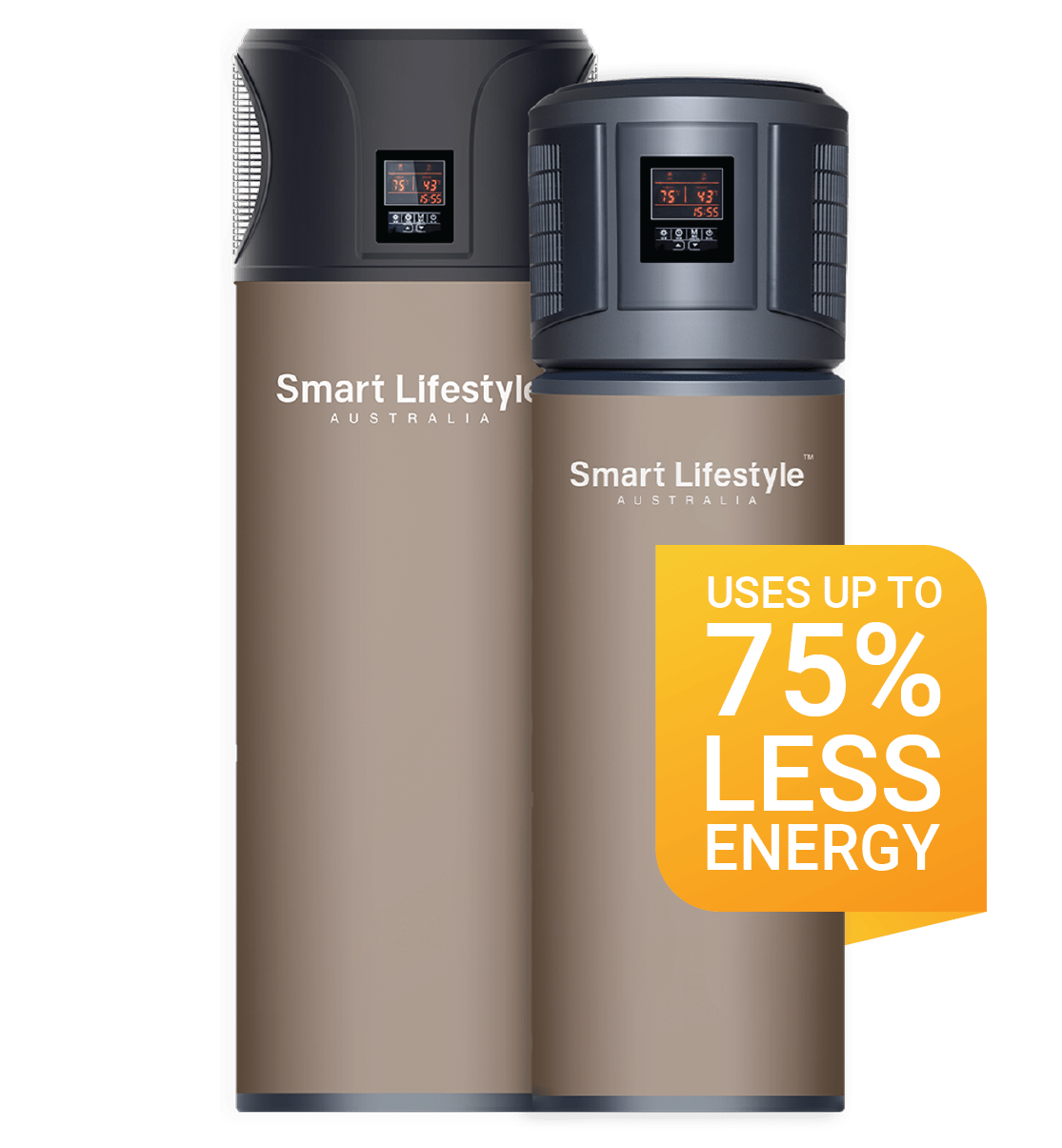As businesses navigate an ever-changing landscape, sustainability and energy efficiency have become critical considerations. In the Australian states of Victoria (VIC) and New South Wales (NSW), where environmental consciousness is on the rise, businesses are actively seeking ways to reduce their environmental impact and optimize energy consumption.
Energy-saving technologies offer an array of solutions for businesses to achieve these objectives while simultaneously improving their bottom line. By implementing innovative energy-saving technologies, businesses in VIC and NSW can not only contribute to a greener future but also enjoy substantial cost savings.
In this article we will dive into the top energy-saving technologies available for businesses in VIC and NSW, empowering them to make informed decisions and embrace sustainable practices.
Smart Thermostats
Heating, ventilation, and air conditioning (HVAC) systems are major contributors to energy consumption in commercial buildings. Smart thermostats provide a smart and automated solution to optimize HVAC energy usage. These devices use occupancy sensors, machine learning algorithms, and remote access capabilities to adjust temperature settings based on occupancy patterns and desired comfort levels.
Smart thermostats can learn the usage patterns of a building and automatically adjust heating and cooling accordingly, ensuring that energy is not wasted when spaces are unoccupied. Businesses can program schedules and control settings remotely through smartphone apps, providing greater flexibility and energy-saving opportunities.
Solar Photovoltaic (PV) Systems
Solar PV systems are an excellent option for businesses looking to generate clean, renewable energy and reduce dependence on the grid. Solar panels convert sunlight into electricity, which can be used to power various operations within the business premises.
In regions like Victoria and New South Wales, where ample sunlight is available, solar PV systems can be highly effective. Additionally, businesses can take advantage of government incentives and rebates to offset the initial installation costs. By investing in solar PV systems, businesses can reduce their carbon footprint and benefit from long-term cost savings on electricity bills.

Benefits of Solar PV Systems
- Renewable Energy Generation: Solar PV systems generate clean and renewable energy by converting sunlight into electricity. This reduces reliance on fossil fuels, decreases greenhouse gas emissions, and contributes to a greener and more sustainable future.
- Cost Savings: By generating their own electricity, businesses can significantly reduce their energy bills. Solar PV systems offer long-term financial benefits as they require minimal maintenance and have a lifespan of 25 years or more. Additionally, businesses in VIC and NSW can take advantage of government incentives, such as feed-in tariffs and renewable energy certificates, which further enhance the financial viability of solar PV installations.
- Protection Against Rising Energy Costs: Traditional energy costs have a tendency to increase over time. By investing in solar PV systems, businesses can hedge against rising energy prices and achieve greater control over their energy expenses.
- Positive Brand Image and Corporate Social Responsibility: Embracing solar PV systems demonstrates a commitment to sustainability and environmental responsibility. Businesses that utilize renewable energy sources like solar power often enjoy a positive brand image and appeal to environmentally conscious customers, partners, and employees.
Power Factor Correction
Power factor correction (PFC) technology is particularly relevant for businesses with significant motor-driven equipment, such as industrial machinery. Electrical systems often experience reactive power, which is not used for productive work but still contributes to energy consumption.
PFC devices optimize the power factor, ensuring that electrical systems operate at maximum efficiency and minimizing energy losses. By reducing reactive power drawn from the grid, PFC technology can significantly reduce energy consumption, resulting in lower electricity bills and improved overall system reliability. Implementing PFC technology is a valuable energy-saving measure for businesses that heavily rely on motor-driven equipment.
Energy-Efficient Appliances and Equipment
Energy-efficient appliances and equipment play a vital role in reducing energy consumption in commercial settings. When upgrading or replacing existing appliances, businesses should look for products with high energy efficiency ratings, such as those certified by ENERGY STAR. These appliances are designed to operate more efficiently, minimizing energy waste without compromising performance.
Energy-efficient appliances and equipment include refrigerators, heat pumps, computers, aircon etc. By investing in these products, businesses can achieve substantial energy savings over time while enjoying the same level of functionality.
Benefits of Energy-Efficient Appliances and Equipment:
- Incentives and Rebates: In VIC and NSW, there are various government incentives and rebate programs that encourage businesses to adopt energy-efficient appliances and equipment. These programs provide financial support and make the transition to energy-efficient solutions more affordable. For example Victorian Energy Upgrade (VEU) for businesses offer them discount on various energy efficient equipment’s to help facilitate them to cut down on cost also to reduce emission. And the Energy Savings Scheme NSW gives firms financial incentives to upgrade machinery and process in order to increase energy efficiency.
- Improved Performance and Durability: Energy-efficient appliances often incorporate advanced technologies and design features that enhance their performance and durability. They are built to function optimally while consuming less energy, ensuring reliable operation and minimizing maintenance needs.
- Reduced Energy Consumption: Energy-efficient appliances and equipment are designed to operate more efficiently, using less energy to perform the same tasks as their less efficient counterparts. This results in reduced electricity consumption, leading to lower energy bills and long-term cost savings for businesses.
Commercial Heat Pump
Aircon
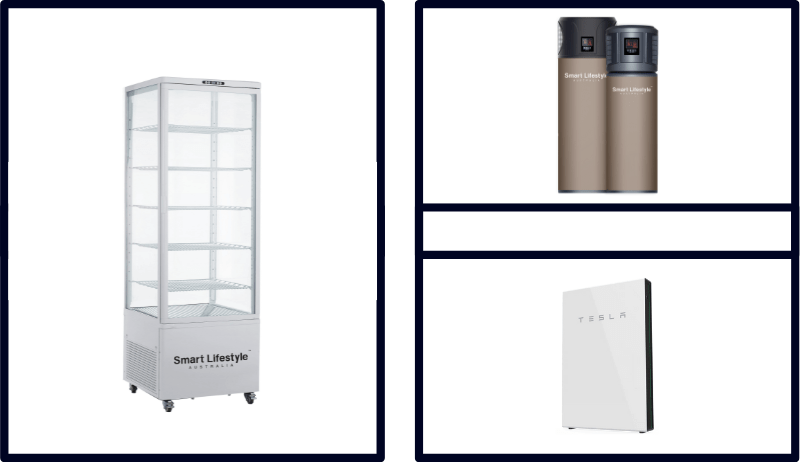
Energy Management Systems (EMS)
Energy management systems provide businesses with a comprehensive solution to monitor, control, and optimise energy consumption. These systems collect data from various sources, such as smart meters, sensors, and other devices, and provide real-time insights into energy usage patterns.
EMS allows businesses to track energy consumption across different areas or buildings within their premises, identify high-consumption areas, and implement energy-saving measures accordingly. By analyzing historical data, businesses can detect patterns and trends, enabling them to make informed decisions to minimize energy wastage. EMS can also integrate with other technologies, such as smart thermostats and lighting controls, for better overall energy management.
LED Lighting
LED (Light Emitting Diode) lighting has become the gold standard for energy-efficient lighting in commercial buildings. Compared to traditional incandescent bulbs, LEDs consume significantly less energy while offering a longer lifespan. They are highly efficient in converting electricity into light, minimizing energy waste as heat.
LED lights are available in various shapes and sizes, making them suitable for a wide range of applications, including office spaces, warehouses, and retail stores. By replacing outdated lighting systems with LED lights, businesses can experience a considerable reduction in energy consumption, lower maintenance costs, and enjoy longer-lasting bulbs.
Building Automation Systems (BAS)
Building automation systems are advanced technologies that integrate and control various building systems, including lighting, HVAC, and security. BAS provides centralized control and monitoring, allowing businesses to optimize energy consumption based on occupancy, time of day, and other parameters.
These systems can automatically adjust lighting levels, temperature settings, and ventilation rates, ensuring that energy is not wasted when spaces are unoccupied or when less energy is required. BAS also provides data analytics capabilities, allowing businesses to identify energy-saving opportunities and make informed decisions to optimize energy use.
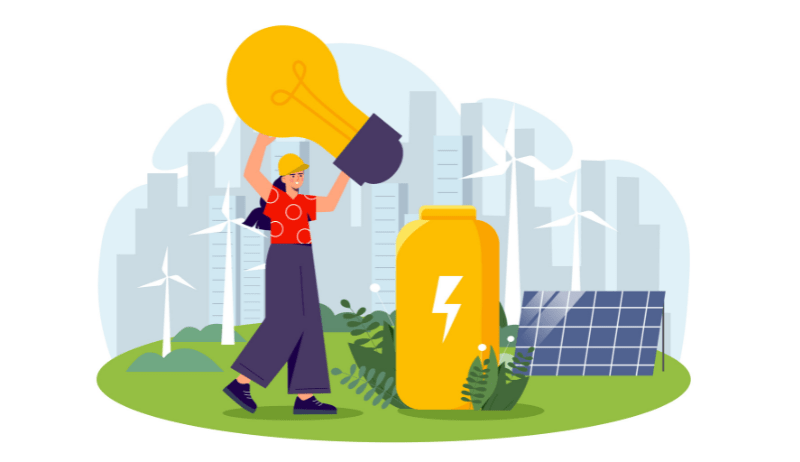
Energy-Efficient Windows and Insulation
Inadequate insulation and outdated windows can lead to significant energy losses in commercial buildings. Upgrading to energy-efficient windows and improving insulation helps retain heat during winter and reduces the need for excessive cooling during summer. Energy-efficient windows are designed to minimize heat transfer, reducing the strain on HVAC systems and maintaining comfortable indoor temperatures.
Similarly, improved insulation prevents heat leakage through walls, ceilings, and floors. By enhancing the building envelope, businesses can improve thermal comfort for occupants, reduce reliance on HVAC systems, and achieve substantial energy savings over the long term.
How Can Cyanergy Help Build Your Business
As a business owner, you understand the importance of energy efficiency and cost savings. Upgrading your business appliances to more energy-efficient models can significantly reduce your energy consumption and lower your operational costs. However, the upfront investment required for such upgrades may pose a financial challenge.
This is where Cyanergy comes in to help.
We can facilitate your business with various financial options to help ease the initial blow. Upgrade to energy-efficient equipment today and reap benefits in the long run. Reach out to us today and we will help you come up with a structured plan of action. Our experienced team are ready to help you at all times. Click here to get started.
